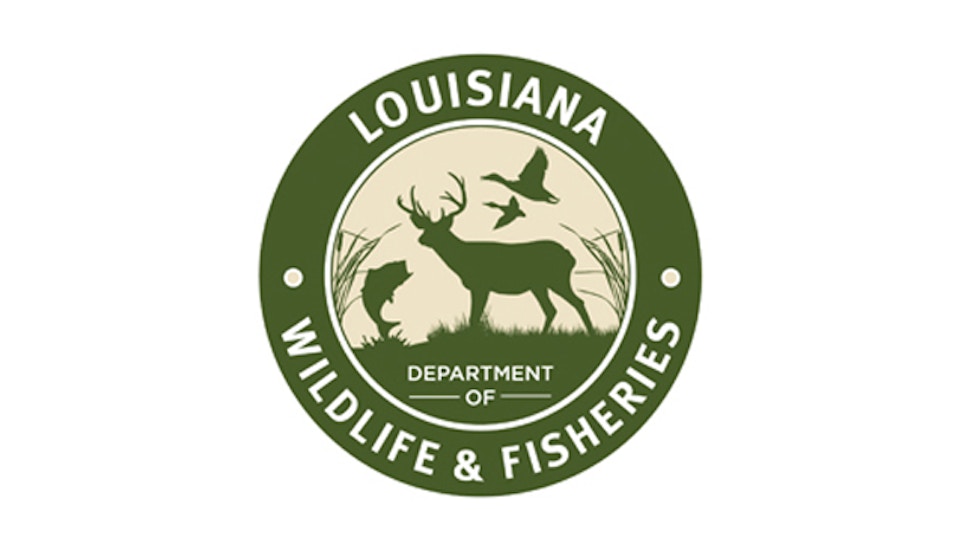By JOE MACALUSO | The Advocate
BATON ROUGE, La. (AP) — The first steps to allow hunters and fishermen to stay longer in the state's most remote areas was taken Thursday by the Louisiana Wildlife and Fisheries Commission.
At the urging of state game and fisheries biologists and managers, the LWFC amended the 2014-2015 resident-game hunting regulations to allow hunters a three-day possession limit of small game, rabbit, squirrels and quail, but kept the daily limits of eight on squirrels and rabbits and 10 per day on quail.
The commission later approved a move that would allow fishermen to hold a three-day limit of black bass (largemouth and spotted bass) in areas south of the state's saltwater line.
That latter notice came with several requirements, chief among them that the angler must have a landing receipt from a public boat landing "... located south of the saltwater line that demonstrates the number of consecutive days the fisherman has been on the water or at a remote camp that can only be assessed by water."
Other requirements are the bass must be kept whole, or whole-gutted, in separate bags for each days take, and that the bags be marked with the date the fish were taken, the species and number of bass in each bag and the name and recreational fishing license number of the angler taking the fish, and that only the angler catching the fish is the only one allowed to take the fish from the remote fishing locations back to the landing.
The angler also would not be allowed to have more than one day's limit in the boat while fishing. Both items have a 120-day public comment period before the LWFC will consider ratification in July.
The LWFC also heard a update from the state's Marine Fisheries Division about the Department of Wildlife and Fisheries' red snapper survey program and the move to open the state's recreational red snapper season in late February. The crux of the presentation revolved around the LDWF's push for state management of the species.
LDWF biologist Harry Blanchet told the commission that National Marine Fisheries Service estimates for Louisiana's recreational red snapper take during 2013 was 603,862 pounds, but that the statistical confidence level in that model was so low that allowance errors in the model could put the take as low as 255,000 pounds and as high as 942,000 pounds.
Randy Pausina, the agency's assistant secretary for fisheries, said the constant complaint by commercial fishermen is that the recreational side takes more than its allowed catch nearly ever year, but that the model means, “that we could very well be under (the quota).''
Blanchet said red snapper stocks in the western Gulf of Mexico is nearly twice that of the eastern Gulf waters, but that the combined estimated catch from the three eastern Gulf States (Mississippi, Alabama and Florida) makes of 80 percent of the estimates recreational red snapper catch.
Other LWFC action included:
Continuing commercial fishing ban in waters due to the BP-Deepwater Horizon oil disaster in waters at the mouth of the Mississippi River, in Bay Jimmy in the Barataria Basin and along Grand Terre and Elmer's islands. The only allowable fishing activity in those areas are rod-and-reel take of finfish.
Approving a notice to move the opening of the commercial netting season from Nov. 1 to Oct. 1 on False River, Lake Bruin and Lake Providence;
Learning that state Enforcement Division agents issued 847 citations and 258 written warnings during February, and that there were no boating fatalities in the state in January nor February;
And, voting its July meeting for July 3 in Baton Rouge.
———
Information from: The Advocate, www.theadvocate.com






